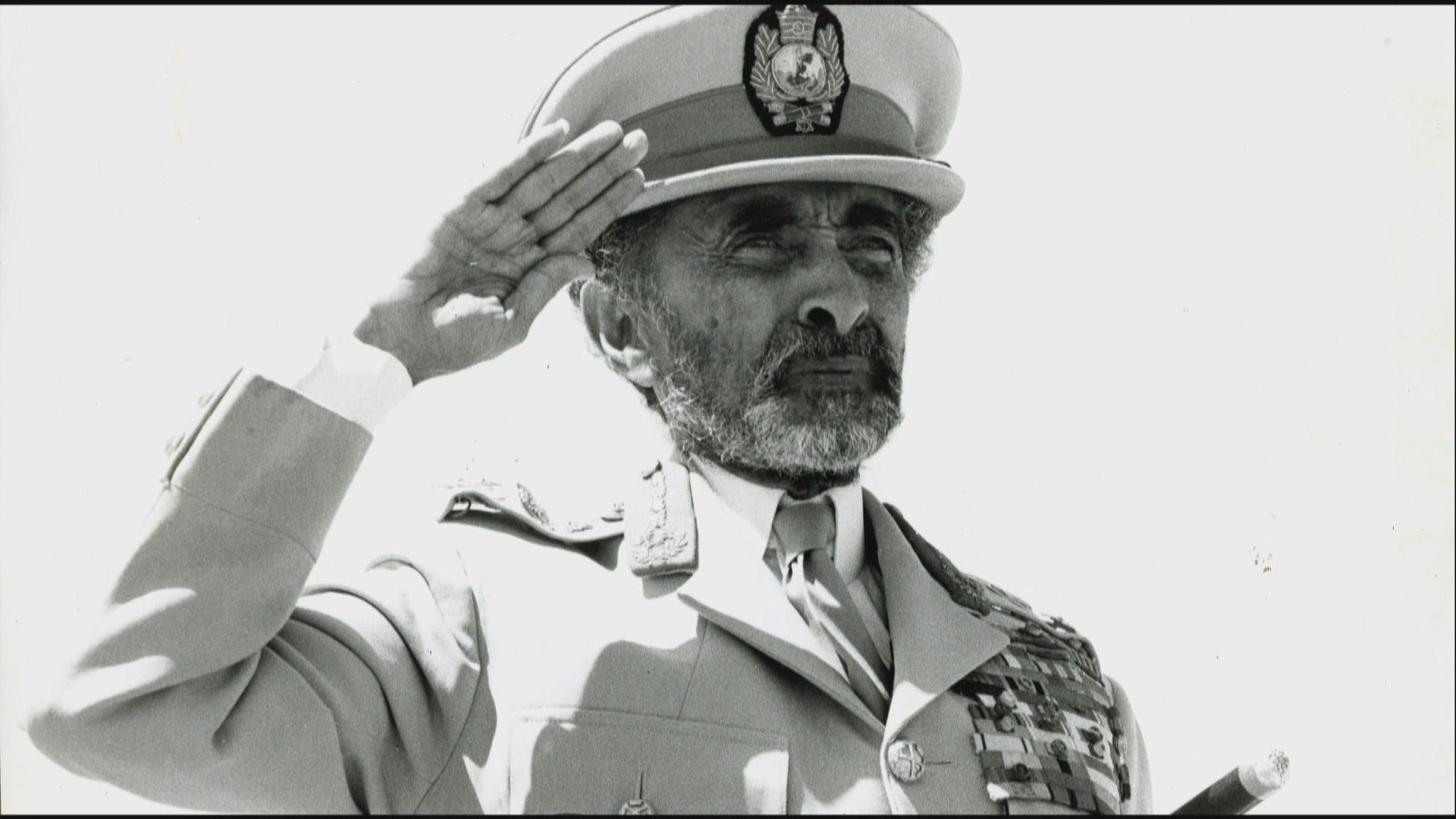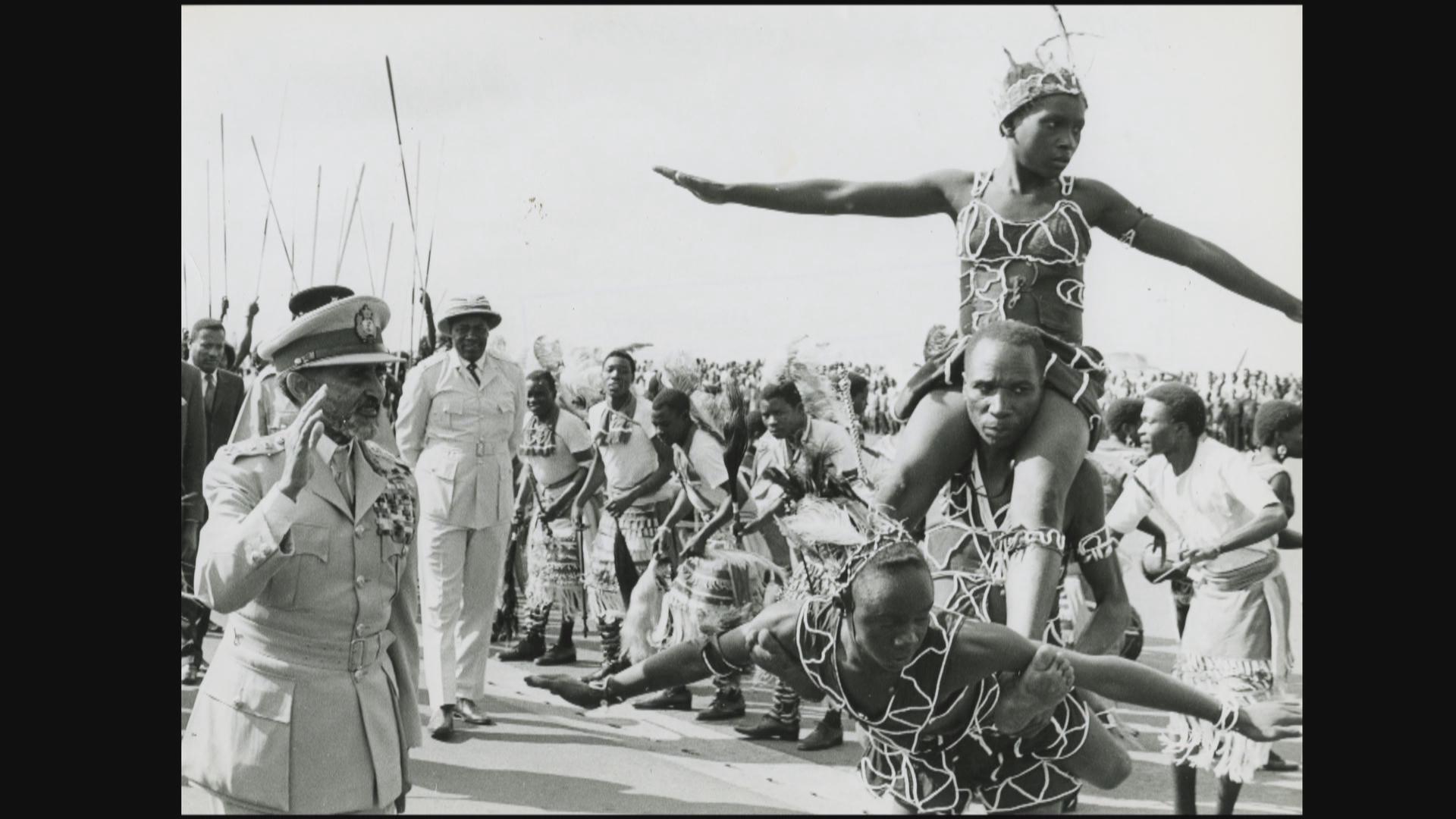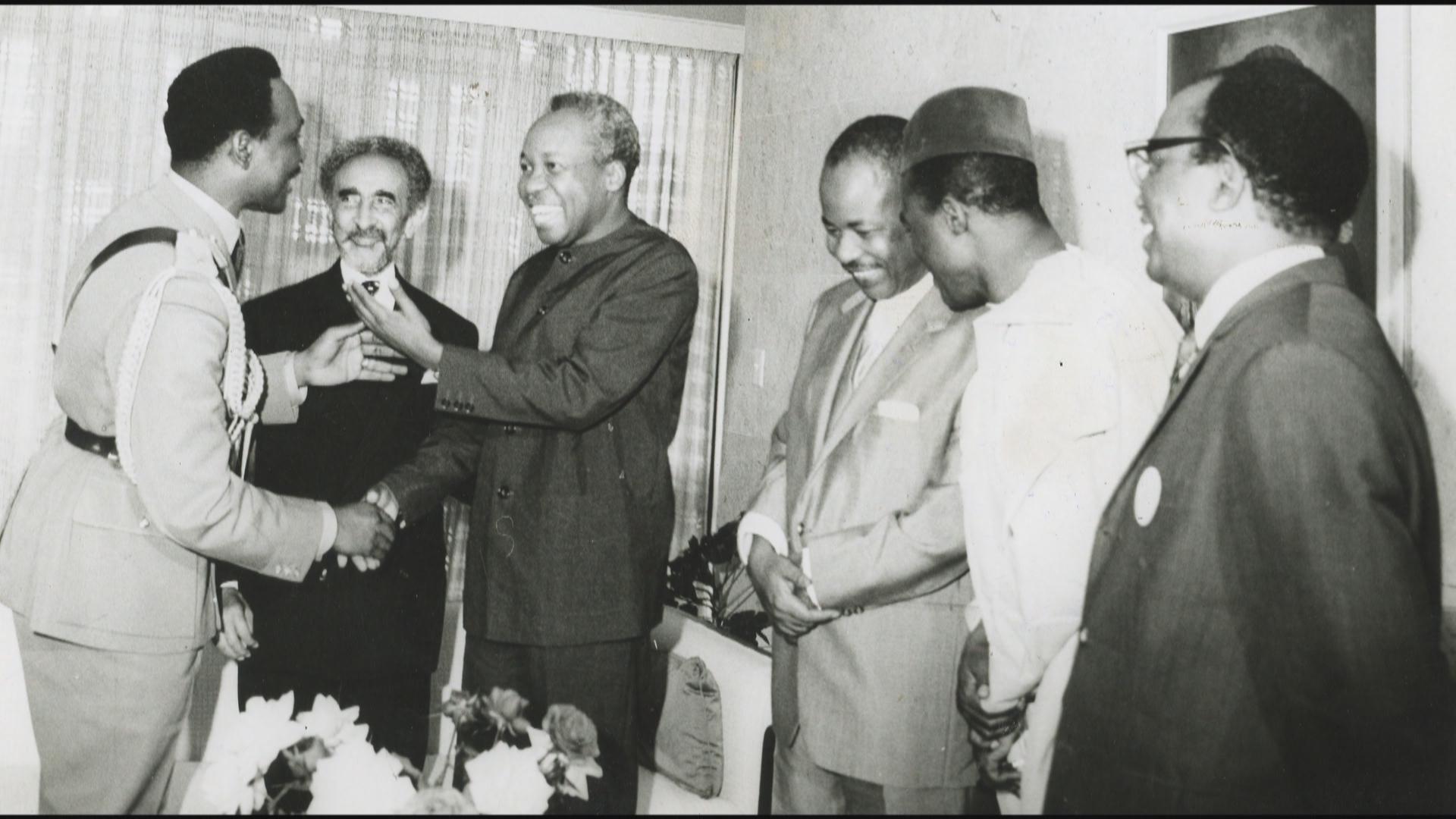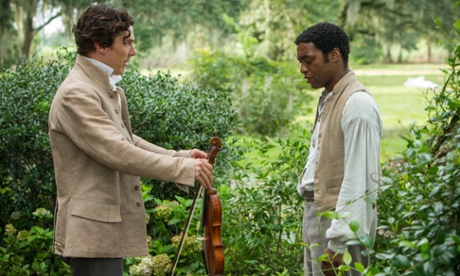Upon his return to Ethiopia from exile in Britain in 1941, Emperor Haile Selassie managed to get his ruler-ship back. His core goal for the country was to propel it into modernization. The Emperor built two Institutions; one high school and a university, Haile Selassie University now known as Addis Ababa University.
To ensure excellence in the education sector, he appointed himself the Minister of Education and he served in the position for twenty years. Through this he was able to replace foreigners with educated locals in different positions. “He made education his priority. For many years he could not trust anybody else. He himself was the Minister of Education. He used to come to school. He was our father, bringing fruits and all,” Kassan Eskinder – former Ethiopian Airlines Executive.

Emperor Haile Selassie of Ethiopia. He was the last Emperor.
He died in 1975.
He died in 1975.
The Emperor’s dream of educating young achievers helped propel Ethiopia to what it is today. Today the country boosts of hundreds of schools and over a hundred and fifty colleges. “He educated all of us, to bring us to this level unless,” tells the Emperor’s grandson-in- law – Prince Mengesha Seyoum. In order to spread his dream of modern education to other African states he invited two hundred African students to study at Haile Selassie University in 1958. He also engaged leaders in different countries.
In his vision, this was the beginning of his Pan –Africanism efforts. But he made sure Ethiopia retained its role in the continent. He not only wanted Ethiopia to stand out in the African continent, but also in the world platform. To ensure this, he invited European diplomats, scholars and tourists to Ethiopia. Through the Ethiopian Airlines that he founded, he thought of creating world trade relations with the visiting groups but his foremost aspiration was to ensure they respected Ethiopia. To achieve this, he started using his excelled students. He sent them out to represent the country. One such student was Habteselassie Tafesse – former Director of Ethiopian Tourism. The Emperor sent him to Germany on Ethiopian Airlines. That was the first flight there. Upon his return he came with some ideas on tourism.

Emperor Haile Selassie salutes the entertainers.
“That was the first inaugural fight to Frankfurt,” recalls Tafesse. That was a big deal and the Emperor instructed him to get a tourism operation going.“The Emperor called me, he said: ‘You have to do this job’ I said: Your Majesty, I know nothing about this job. He told me ‘Try!’ It was like an order, camouflaged order, so I said ok,” recalls Tafesse with a chuckle. To have a personal touch with the tourists, he invited them to his magnificent palace, which up to date is a major tourist attraction in Ethiopia.

Theatre actors. The Emperor was fond of theatre acting and
he supported many young Ethiopians.
he supported many young Ethiopians.
Since then, the tourism industry in Ethiopia has been booming. The other area that the Emperor invested in was in the theatres. He realized that the whites had dominated the theatres and since they did not know Amharic language, the local themes were therefore not represented. He therefore instructed some of the students to study arts. One such student was Tesfaye Gessesse – actor, author and theatre manager. “He asked me what my plans were; I said I am going to study law. He asked the minister beside him, ‘how many students are going to study law?’ I think he answered twelve. He said ‘oh, twelve! That’s quite a lot. He said ‘why don’t you go and study theatre?’ I graciously accepted it and I don’t regret it at all. I’m very happy with the profession, ”tells Gessesse. The Emperor committed so much time to the Organization of Africa Union(O.A.U) now known as the African Union (A.U)that he missed the changing tides in his country.
In 1974 Marxist Derg led by the Mengistu Haile Mariam staged a coup against the Emperor and his statesmen. The revolutionaries abolished the monarchy and detained the Emperor. The Imperial family who were still in Ethiopia at the time were imprisoned until their release in 1988 and 1989.In 1975 Emperor Haile Selassie died.

The Emperor with other African leaders, like Mwalimu Julius Nyerere
of Tanzania. The Emperor encouraged the leaders towards the formation of
Organization of African Union (O.A.U) today known as African Union (A.U.)
of Tanzania. The Emperor encouraged the leaders towards the formation of
Organization of African Union (O.A.U) today known as African Union (A.U.)

The Emperor with his wife Queen Menen.





















